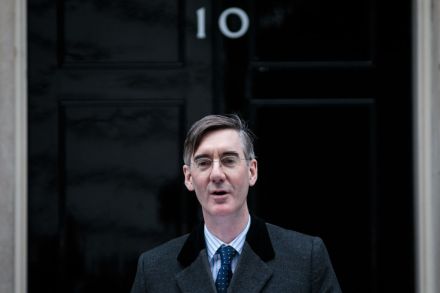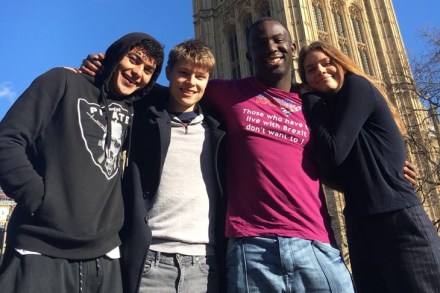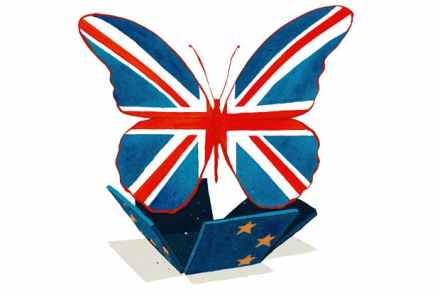Will Remainers ever learn to forgive?
When I mentioned on social media recently that I’d lost friends because of Brexit, I was quite surprised by the vehemence of the response. Lots of fellow Leavers had stories to tell about friends who now cut them dead or former clients who would no longer work with them. Many said they prefer to keep secret how they voted in the referendum for fear of the repercussions. This intolerance is especially bad if you’re a student. One undergraduate described to me how his politics professor had opened a lecture with a slide reading ‘Brexit is shit’ — apparently ‘to the cheers and adulation of the entire lecture theatre’. Another student



















